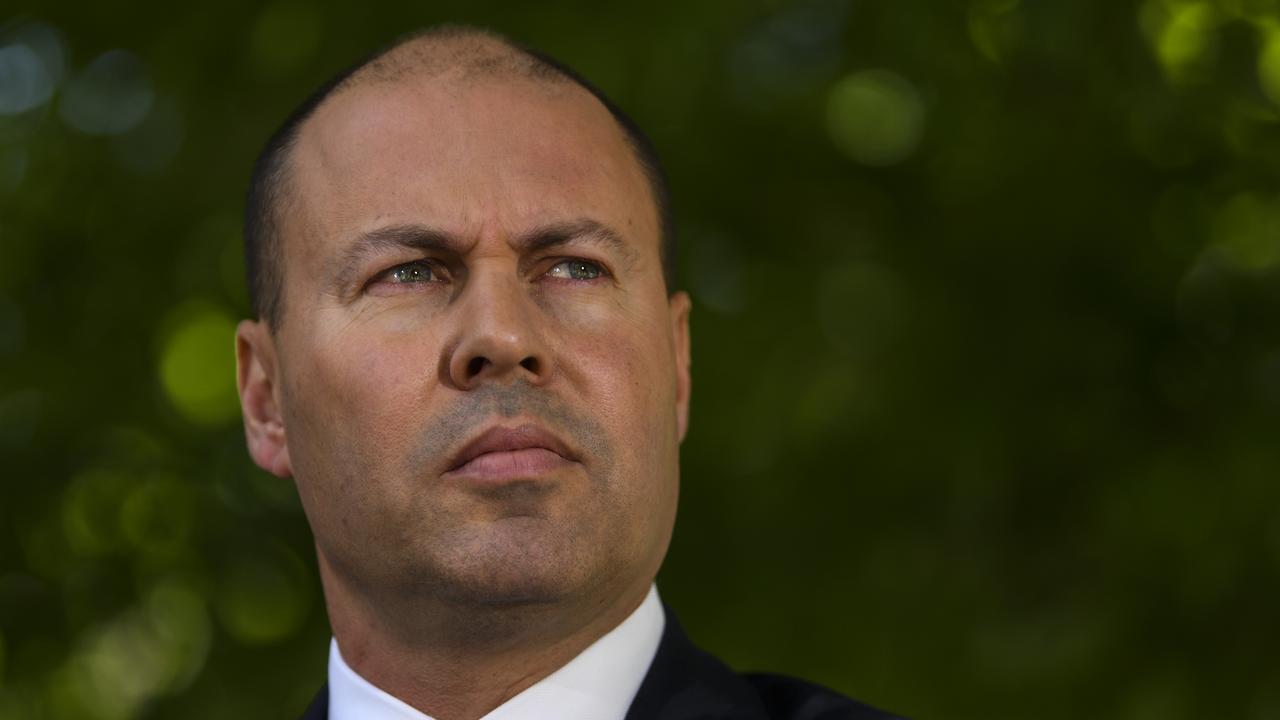Crackdown on car expense rorters taking tax office for a ride
Australians rorting work-related car expenses will be targeted in a broad tax office crackdown.

Australians rorting work-related car expenses will be targeted in a broad Australian Taxation Office crackdown, after it emerged claims had ballooned to almost $9 billion last year.
In a premeditated move ahead of the tax return season, ATO assistant commissioner Kath Anderson warned there would be greater scrutiny on car expense claims, which now accounted for more than 40 per cent of all work-related deductions.
Ms Anderson said enhanced ATO technology made it easier to detect potential tax rorters, revealing nearly 3.75 million people claimed the expense last year at a cost of $8.8 billion.
“We are a bit concerned taxpayers are making mistakes or deliberately over-claiming their work-related car expenses,” Ms Anderson told The Australian.
“We don’t have an assessment of how much is (wrongly claimed) but we do know from the audits and other work that we do that there are mistakes being made.
“We have got particular focus on it because with so many people claiming, they may only be small amounts they are getting wrong but together that is potentially adding up to a lot of money.”
The ATO released real-life examples of people who have misused the claim, with a traffic supervisor fraudulently claiming deductions of $11,000 on a logbook that was printed after the tax year. He admitted the logbook was fraudulent but he faced no penalty and his claim was reduced to $4000 based on evidence he provided after being audited.
Another rorter claimed $3800 for transporting bulky goods to and from work, claiming he could not store them at his workplace.
“However, when we spoke to his employer they advised the taxpayer was provided with a company car at all times and was not required to use their car to transport tools. Additionally, the employer provided all tools and did not require the employee to transport them,” the ATO said.
Taxpayers face a minimum $4200 fine for providing misleading statements in their tax returns, rising to a minimum fine of $12,600 with evidence of intentional misleading.
Ms Anderson cited a recent ATO survey showing more than half of responders believe it was OK to fudge tax deduction claims. The tax office is also targeting other work-related expenses such as omitted income and clothing and laundry claims.
“Our research tells us there are quite a few people who think it is OK to skim a little bit,” she said. “If everyone benefits $100 more than what they should have, that adds up to a lot of money.’’
About 900,000 people claimed car deductions through the “cents per kilometre method” which is limited to 5000km but requires no log book or evidence unless someone is audited.
The rest use a log book to determine the claims based on a percentage of their total car costs.
“It’s legitimate to claim for 5000km if you actually do them as part of earning your income.
“We are concerned that some taxpayers mistakenly believe this is a standard deduction they are entitled to, without needing to provide any evidence of having travelled that distance, or even having undertaken any travel at all,” Ms Anderson said.
“It’s true that claims of up to 5000km using the cents per kilometre method don’t require a log book.
‘‘However, you still need to have done the kilometres as part of your job and be able to show how you calculated your claim, for example by keeping a diary of places you have had to drive to for work, and how often. The cents per kilometre method is there to simplify record-keeping, not to provide a free ride.”



